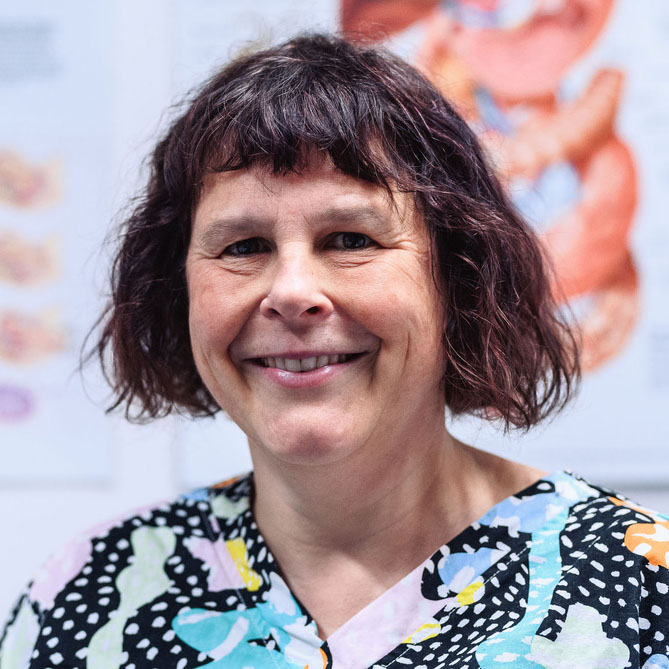

Immediate access to video modules and downloadable resources

Case studies, tools, and handouts to use in practice

CPD certification upon completion

Mobile and tablet-friendly access

BMedSci, MBBS Hons, FRACGP, IBCLC, FPAA, Cert Sexual & Repro Health, NDC practitioner
Dr Natasha Vavrek is an award-winning Tasmanian GP, educator, and founder of The Bubble Women’s Health Clinic. She champions women’s health, menopause education, and empowering clinicians through evidence-based, compassionate care.

Accredited Practising Dietitian (APD), Certified Fertility Dietitian & Prenatal Dietitian, BNutrDiet

Gynaecologist, Urogynaecologist MBBS, FRANZCOG, CU

MBBS, DCH, Clin Dip Pall Med, FRACGP, NDC Practitioner, Specialist GP Therapist

Sport and Exercise Medicine Physician, Menopause Specialist MBBS, FACSEP

Registered Psychologist, Bachelor of Psychology, Master of Science in Medicine (Sexual and Reproductive Health)

Professor of Psychiatry, MBBS, MPM, PhD, FRANZCP, FAHMS

APA Continence and Women’s Health Physiotherapist BSc Physiotherapy, Clinical Masters of Women’s Health, Certificate Conservative Management of Prolapse
Get in touch so we can send you the latest course information.
Contact us